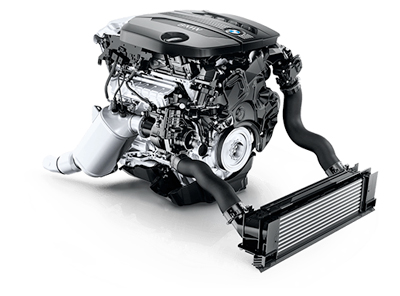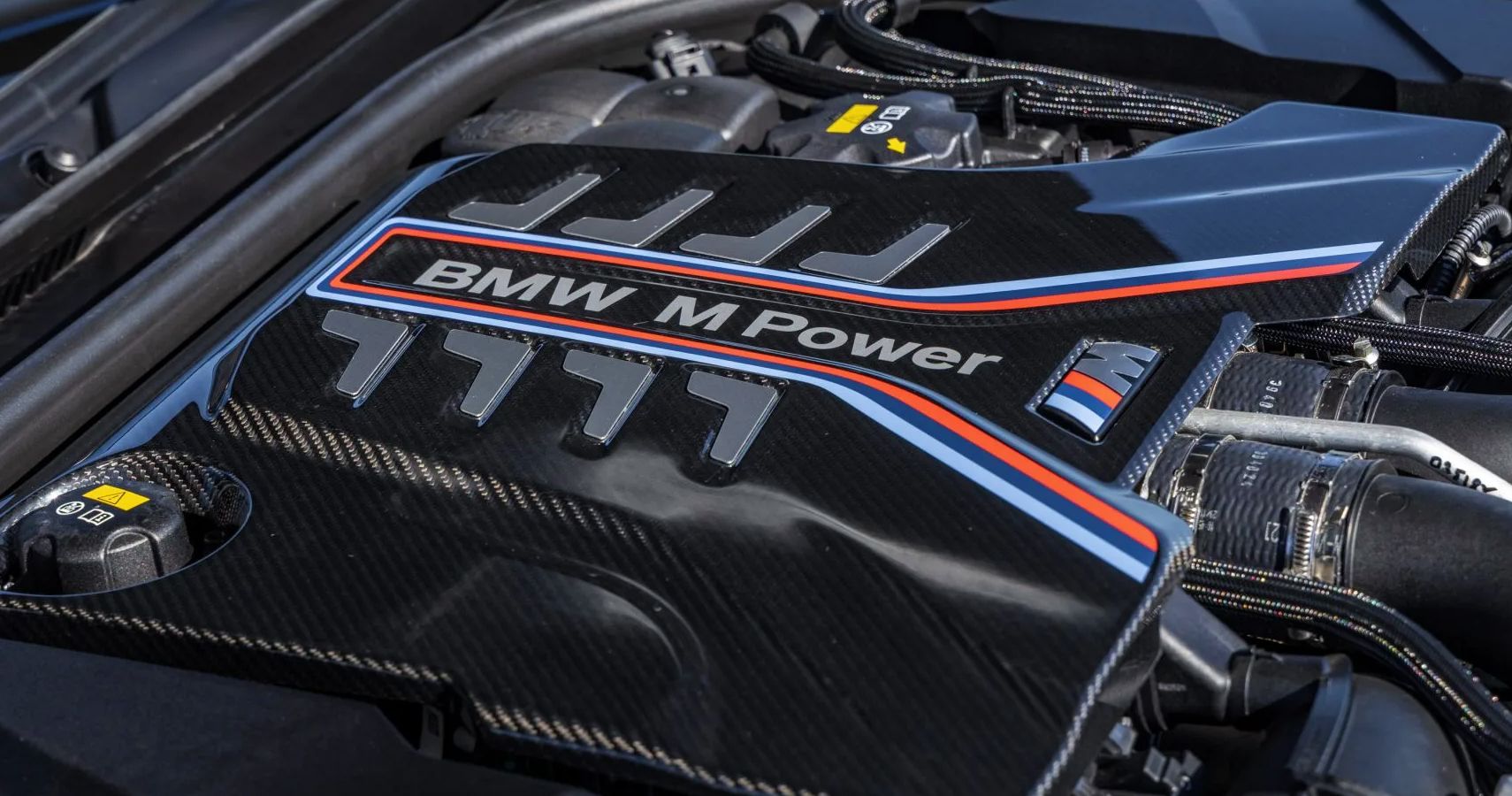The Evolution of the BMW Engine: A Look Back at Iconic Versions
The Evolution of the BMW Engine: A Look Back at Iconic Versions
Blog Article
Introducing the Intricacies of Next-Generation Power Units: a Deep Dive Into Advanced Engine Technologies and designs
As we stand on the precipice of a brand-new era in transport, the complexities of next-generation engine styles beckon us to discover the sophisticated technologies and developments that guarantee to redefine the driving experience. Delving deeper into the realms of discharge control, smart engine administration systems, and the horizon of power device development, we find ourselves on the cusp of a change that promises to improve the landscape of wheelchair as we know it.
Evolution of Engine Materials

The change in the direction of progressed engine products has likewise allowed designers to make engines with greater power results while keeping fuel efficiency criteria. As an example, the usage of light-weight materials reduces the total weight of the engine, causing enhanced gas economy and lower emissions. Additionally, innovations in products innovation have actually permitted for better thermal administration within engines, causing enhanced reliability and durability.
Turbocharging and Supercharging Technologies
How do Turbocharging and Supercharging Technologies transform engine efficiency and effectiveness in contemporary vehicles? Turbocharging and turbo charging are innovations that substantially enhance engine efficiency by raising the amount of air consumption right into the burning chamber. Turbocharging accomplishes this by making use of a generator driven by exhaust gases to pressurize the intake air, while turbo charging uses a belt- or chain-driven compressor to accomplish the exact same impact.
These innovations enable smaller, a lot more fuel-efficient engines to produce power equivalent to bigger ones, recognized as downsizing. By requiring even more air into the cylinders, supercharging and turbocharging enhance combustion efficiency, resulting in raised horse power and torque output without a considerable increase in engine dimension. This leads to much better velocity, pulling ability, and total driving performance.
Furthermore, supercharging and turbocharging contribute to improved gas effectiveness by allowing the use of smaller engines that eat much less fuel under normal driving conditions - bmw engine. This mix of enhanced efficiency and performance has made turbocharging and turbo charging indispensable parts of several contemporary engine styles
Emission Control and Environmental Effect
With enhancing worldwide issues pertaining to air quality and ecological sustainability, the implementation of exhaust control innovations in cars plays an important function in lowering hazardous toxins released into the atmosphere. Modern lorries are equipped with sophisticated exhaust control systems that assist reduce the environmental impact of automobile operations. Catalytic converters, for example, are designed to convert poisonous gases such as carbon monoxide, nitrogen oxides, and hydrocarbons right into much less hazardous materials like carbon dioxide and water vapor.
Moreover, advancements in engine technology, such as the combination of exhaust gas recirculation systems and careful catalytic reduction, have substantially contributed to decreasing discharges. These modern technologies function in tandem to enhance burning efficiency and lessen the release of harmful pollutants into the air. Additionally, the growth of hybrid and electric vehicles represents a crucial action in the direction of lowering the general environmental footprint of the transport industry.
Intelligent Engine Administration Equipment

Furthermore, these systems enable vehicles to satisfy strict emissions criteria without jeopardizing performance, offering a more eco-friendly driving experience. The combination of expert system and machine understanding capabilities in engine administration systems remains to press the borders of what is possible, leading to additional renovations in performance, reliability, and total lorry performance. bmw engine. As automobile modern technology advancements, intelligent engine management systems will play a vital function in forming the future of transport towards an extra reliable and lasting instructions
Future Trends in Power System Growth
As intelligent engine administration systems lead the method for boosted control and optimization in contemporary vehicles, future fads in power unit growth are poised to redefine the landscape of automotive propulsion innovations. These different power resources supply enhanced effectiveness and performance while straightening with strict ecological laws.
An additional significant trend is the combination of advanced products and making techniques. Lightweight materials such as carbon fiber and light weight aluminum are being made use of to reduce overall automobile weight, boosting gas effectiveness and performance. Furthermore, developments in 3D printing and additive manufacturing are allowing the manufacturing of complex engine parts with higher accuracy go to the website and toughness.
Furthermore, expert system and artificial intelligence are playing an important function in enhancing power device efficiency. These technologies enable real-time tracking and flexible control, leading to a lot more reputable and efficient power delivery. Overall, future patterns in power device advancement are tailored towards efficiency, sustainability, and efficiency, driving the vehicle market in the direction of a new era of propulsion modern technologies.

Conclusion
To conclude, the developments in engine materials, turbocharging, emission control, and smart management systems have actually led the way for next-generation power systems. These advancements have not only improved performance and efficiency but additionally lowered ecological influence. As innovation remains to develop, future patterns in power unit advancement are likely to focus on more improving sustainability and maximizing power result. The complex layouts and developments in contemporary engines display the ongoing development of automotive modern technology.
Checking out the modern advancements in engine materials has been pivotal in enhancing the performance and performance of contemporary engines. Over the years, the evolution of engine materials has actually played a critical role in pressing the limits of what engines can attain.The change towards progressed engine materials has additionally enabled designers to create engines with higher power results while preserving fuel efficiency standards.The execution of smart engine monitoring systems in modern-day lorries has actually revolutionized the way engines are managed and maximized for performance and efficiency. By home collecting data in real-time and examining it with innovative formulas, smart engine management systems can adapt to driving designs, ecological factors, and engine wellness to maximize power result while lessening fuel intake and discharges.
Report this page